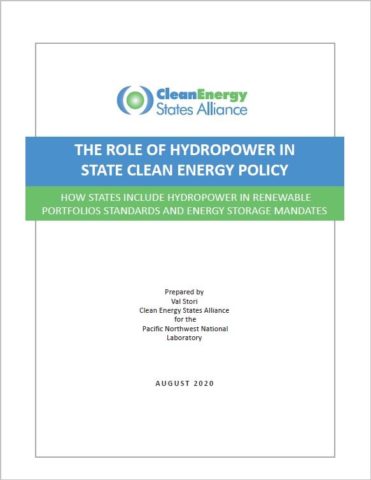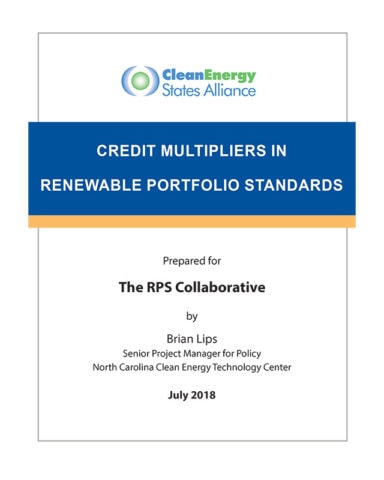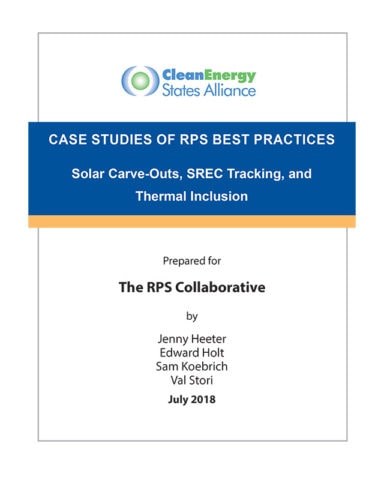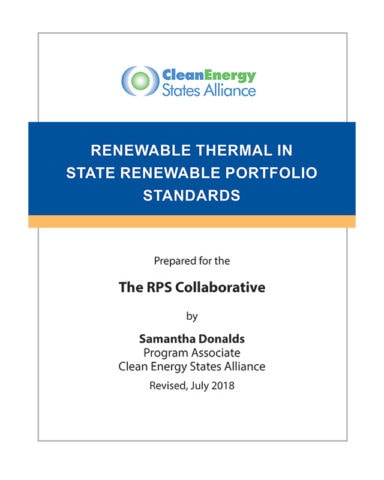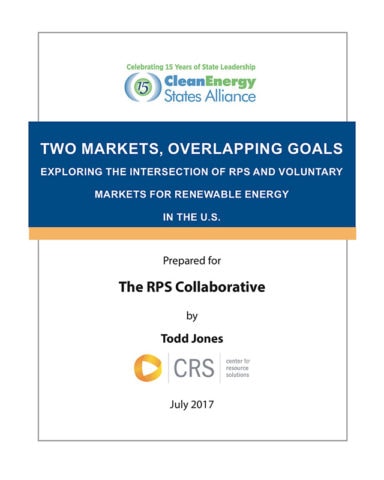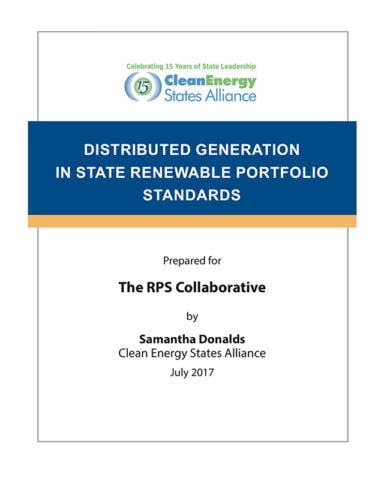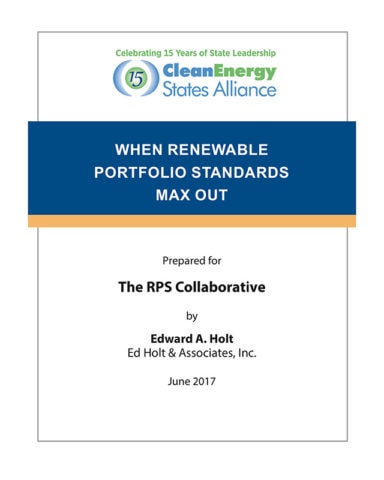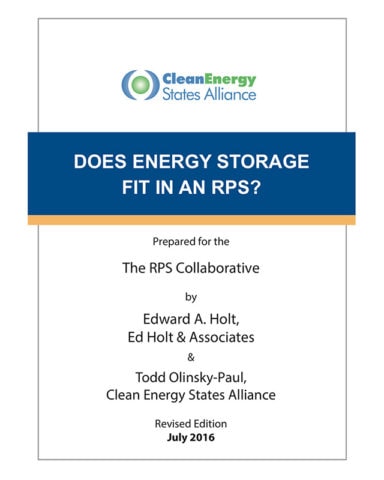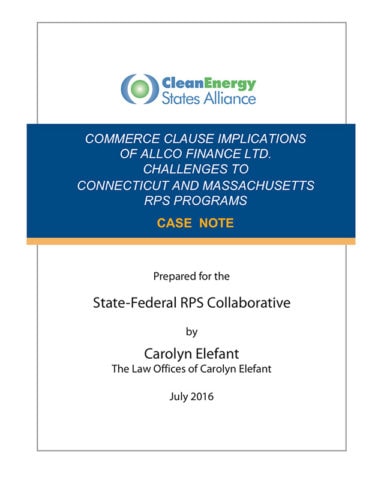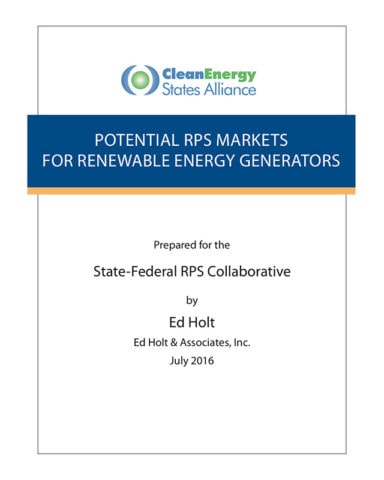Resource Archive - Renewable Portfolio Standards
SEARCH RESOURCES
You can also search by author name.
RESOURCE TYPES
RESOURCE TOPICS
RESOURCE PROJECTS
RESOURCE YEARS
This report analyzes state policies across the US to review eligibility criteria and the role hydropower is currently playing in helping states meet their emissions reduction and clean energy goals.
This report examines the history and status of credit multipliers, the types of technologies and applications most often awarded credit multipliers, the advantages and disadvantages of credit multipliers, state experiences with the use of multipliers, and other trends in the implementation of credit multipliers.
The paper consists of three case studies of states that have been leaders in implementing particular RPS practices: Delaware’s use of a carve-out for solar, New Jersey’s tracking of solar renewable energy certificates (SRECs), and New Hampshire’s inclusion of thermal output in its RPS.
This report provides an overview of how states across the country are incorporating renewable thermal technologies into their RPS programs.
This paper explores interactions between RPS and voluntary markets for renewable energy in the U.S. and outlines principles for supporting continued growth of both markets.
In 2016-2017, CESA conducted a survey on how distributed generation is incorporated into state RPSs. CESA collected responses from all 30 states that currently have a mandatory RPS requirement. This report provides a summary of the results from that survey.
CESA has produced a report on what happens when state renewable portfolio standards reach their peak requirement.
This is an updated version of a report originally published in 2014. This paper explores the question of how states, which have taken the lead in promoting clean energy through Renewable Portfolio Standards (RPS), could facilitate increased deployment of energy storage.
This note summarizes the implications of two pending lawsuits that allege that the Connecticut and Massachusetts RPS programs discriminate against out-of-region renewable energy generation and therefore violate the Commerce Clause of the United States Constitution.
This paper provides information regarding where a renewable energy generator in a particular state or Canadian province can potentially sell its renewable energy certificates in order to meet the demand created by a renewable portfolio standard (RPS).

